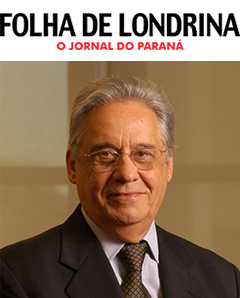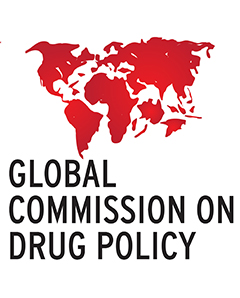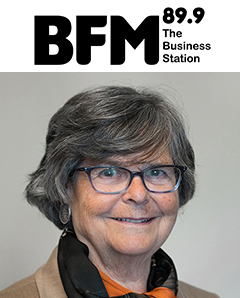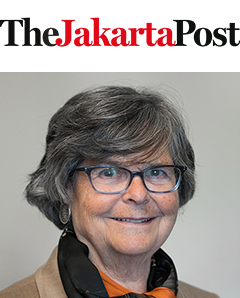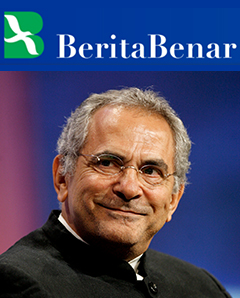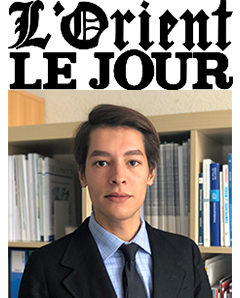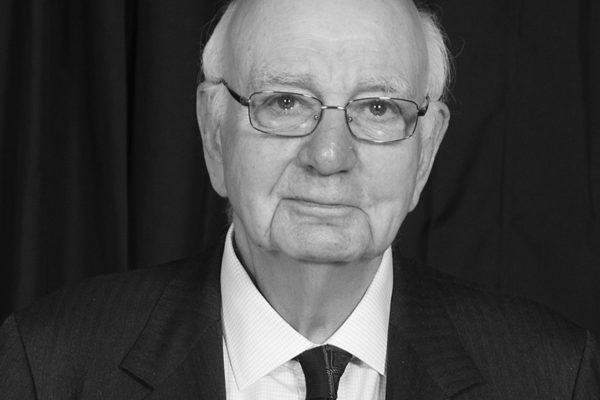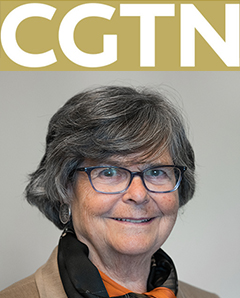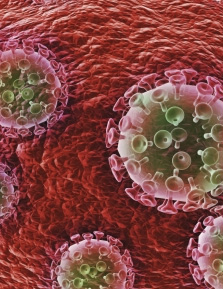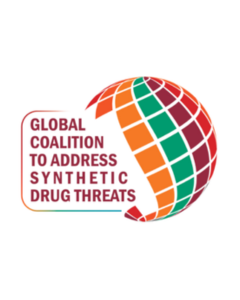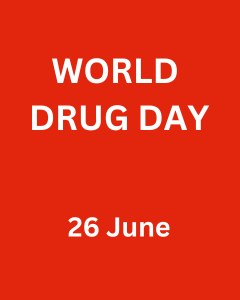Fernando Henrique Cardoso in Folha de Londrina (Brazil): “Repressão não é solução para no combate às drogas diz, FHC” (Repression is no solution in the fight against drugs says, FHC)
Read original article in Folha de Londrina (Brazil) Folha de Londrina by Amanda Lemos O ex-presidente FHC (Fernando Henrique Cardoso) disse neste sábado (7) que o combate às drogas não se deve ser feito com repressão e que é a favor de uma regulamentação de medicamentos à base de Cannabis
STATEMENT: Time for a bold debate on the modernization of the drug control normative framework
Download the statement by the Global Commission on Drug Policy. Geneva, 2 March 2020 The 63rd UN Commission on Narcotic Drugs (CND) starts today following a strong statement from the President of the International Narcotics Control Board (INCB, the UN monitoring body of the implementation of the conventions), during the
Ruth Dreifuss in BFM 89.9 Interview: “Rethinking Drug Policy in Malaysia”
Link to interview and other podcasts by BFM 89.9.
Ruth Dreifuss dans RTS: “Drogue, conquête et guerres” et “Bonus: interview de Ruth Dreifuss sur le thème de la drogue”
Écoutez l’interview dans RTS. Bonus: interview de Ruth Dreifuss sur le thème de la drogue Écoutez l’interview dans RTS.
Ruth Dreifuss in The Jakarta Post: “Discourse: Decriminalizing drugs for public health”
Read original article in The Jakarta Post Switzerland’s drastic change in drug policy followed soaring HIV infection rates related to a heroin epidemic in the late 1980s and 1990s. Switzerland introduced substitution treatment and other harm reduction measures such as supervised injection rooms, which reportedly decreased incidences of drug users
Ruth Dreifuss in Malaysiakini: “Ex-Swiss president: War on drugs failed, treating addicts as patients will work”
Read original article in Malaysiakini INTERVIEW | Thirty years ago, Switzerland was facing a drug crisis. It had the highest HIV infection rate in Western Europe and up to 1,000 drug users gathered daily in Zurich’s infamous Platzspitz park, dubbed “needle park.” Realising that the “war on drugs” was an
José Ramos-Horta in Berita Benar: “Ramos-Horta Minta Indonesia Manusiawi Perlakukan Pengguna Narkoba” (Ramos-Horta asks Indonesia to treat people who use drugs more humanely)
Read original article in Berita Benar Mantan Perdana Menteri dan Presiden Timor Leste, Jose Ramos-Horta, 70, berharap pemerintah Indonesia menerapkan hukum yang lebih manusiawi terhadap pengguna narkotika dan obat-obatan terlarang (narkoba) serta menghentikan hukuman mati untuk pengedar. “Sebagai negara yang demokratis dengan masyarakat yang toleran, Indonesia harusnya bisa memberlakukan aturan
Khalid Tinasti dans l’Orient Le Jour: “Les conséquences de la classification dépassée des drogues” (The consequences of outdated drug classification)
Lire l’article orginal dans l’Orient Le Jour. Légales, illégales, licites, illicites, prescrites, proscrites, promues, diabolisées, célébrées, honnies… la liste des caractéristiques présumées ou réelles des substances provoquant un effet psychoactif est longue. Il en est de même de la méconnaissance générale de ces substances, autant de leurs bienfaits que de
PRESS RELEASE: The Members of the Global Commission on Drug Policy Mourn the Death of Paul Volcker
(Geneva, 10 December 2019) The members of the Global Commission on Drug Policy have learned, with deep sadness, of the passing on Sunday 8 December of their esteemed colleague Paul Volcker, former chairman of the Federal Reserve. Paul Volcker believed profoundly in the right of every person to the same
Ruth Dreifuss on China Global TV Network: “What is behind the global rise in opioid addiction?”
Watch interview on CGTN, The Agenda with Stephen Cole. The global opioid epidemic has been called the worst drugs crisis in history. CGTN Europe’s The Agenda program spoke to Ruth Dreifuss, a former president of Switzerland, and now chair of the Global Commission on Drugs Policy, who says the “overprescription of opioids

